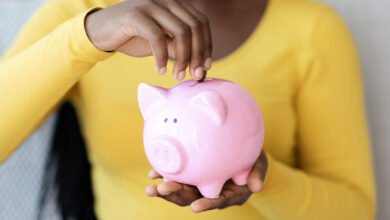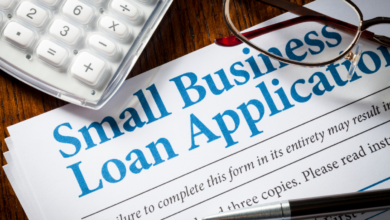CFPB Highlights New Allegations of Illegal Practices in Student Loan Servicing

The Consumer Financial Protection Bureau (CFPB) has unveiled a new report exposing widespread unlawful practices across the student loan industry, encompassing refinancing, private lending, debt collection, and federal loan servicing. The report alleges that many servicers engaged in deceptive actions, violating borrower rights and undermining protections for student borrowers.
Read this:Tesla share price surges, know why?
CFPB Director Rohit Chopra emphasized the gravity of these issues, stating, “Companies break the law when they mislead student borrowers about their protections or deny borrowers their rightful benefits.” The findings shed light on practices that have jeopardized borrowers’ financial security and eroded trust in loan servicers.
Deceptive Practices in Private Lending
The CFPB reported that private lenders often misled borrowers by falsely assuring them that consolidating federal loans through private lenders would preserve federal protections. These benefits, which include federal loan cancellation programs, were lost without borrowers’ full understanding of the implications.
False Advertising and Denial of Borrower Benefits
Some servicers allegedly misrepresented borrowers’ eligibility for autopay discounts and falsely advertised loan payment suspensions in cases of job loss. Despite these claims, lenders later revoked these benefits, leaving borrowers without promised relief.
Read this:List of Top 5 Personal Finance Apps for Budgeting and Saving Money in 2024
Mismanagement of Federal Loan Servicing
Federal loan servicers were found to provide inadequate support for borrowers trying to manage key loan issues. The report detailed deceptive billing statements with incorrect amounts and due dates, along with instances of debiting unauthorized payments.
Unlawful Loan Contract Provisions
In a concerning revelation, the report uncovered that certain loan agreements allowed educational institutions to withhold academic transcripts or access to classes when loans went into default, a practice deemed illegal under federal law.
With student loans representing the second-largest consumer debt in the U.S.—totaling over $1.7 trillion—the CFPB has urged companies to address these violations swiftly to protect borrowers and restore compliance with federal regulations.



